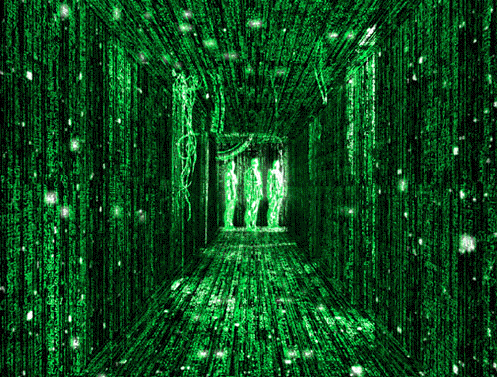In modern times it is common to think the soul is a religious belief. Even though the original arguments for the soul were not religious (e.g. Plato and Aristotle, and more recently Descartes, Leibniz, and even more recently Thomas Nagel), we still think the scientific revolution somehow made the soul an incoherent idea.
Based on discussions, it seems there are a couple of key elements that make the soul outdated. First, we can pinpoint certain ways in which the brain influences how we think, feel, and perceive, and we can even read rudimentary thoughts from the brain. It is certainly the case that the brain is tied to mind states in some form or fashion.
Second, computers provide a compelling and mathematically precise model for how minds can be generated from brains. We have been able to replace many disciplines with computers which were thought restricted to human capabilities. Even much of our popular music today is largely computer-generated.
If this trend continues, then we could replace humans entirely with computers. If a computer is indistinguishable from a human, then even if such a thing as a soul does exist, a computationally simulated soul is good enough for most folks (see Tupac hologram).
Finally, disciplines that were considered primarily concerned with the soul, such as religion and the humanities, are becoming more and more irrelevant and counter to our modern way of life. Instead, we try to explain everything with science. If the soul isn't needed to understand our everyday lives, what does it matter?
Yet, given all these scientific, technical and social forces that are pushing the soul into irrelevance, they still do not amount to a secular disproof of the soul, insofar as we can talk of proofs and disproofs of such ideas.
So, is it possible to adapt the old-fashioned secular arguments for the soul to our modern times? Namely, that a non-material entity exerts top-down control on our bodies and cannot be explained scientifically.
Is there a modern, secular argument for the soul?
NOTE: By "secular" I mean evidence and lines of argument that are free from dependence on religious sources of authority, e.g. a scripture, a tradition, a teacher, etc. As I mentioned in a comment below, Plato's argument for the soul in Phaedo is secular because he does not rely on a religious authority.

